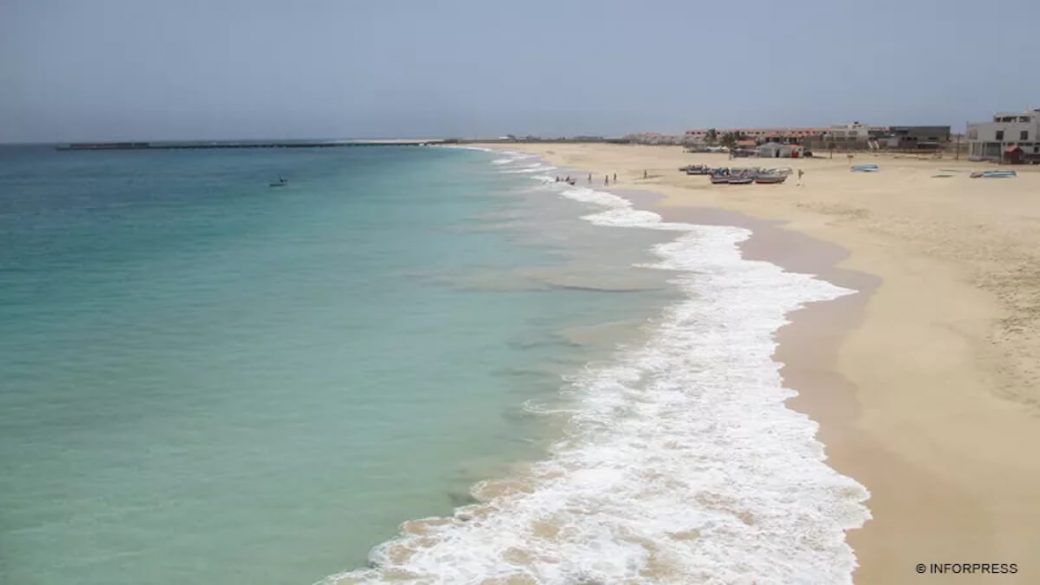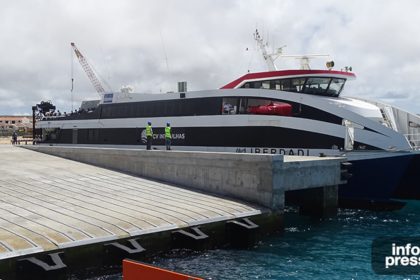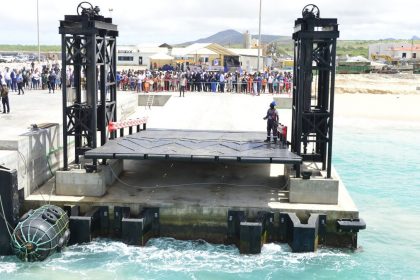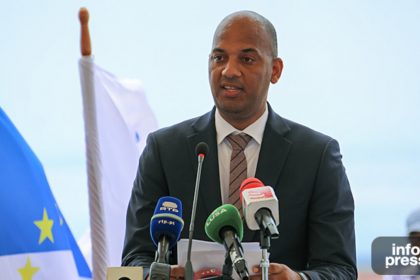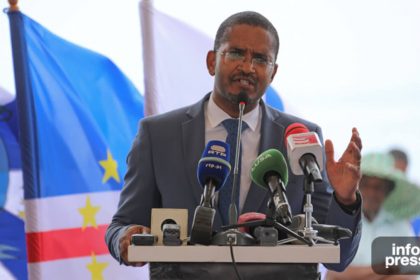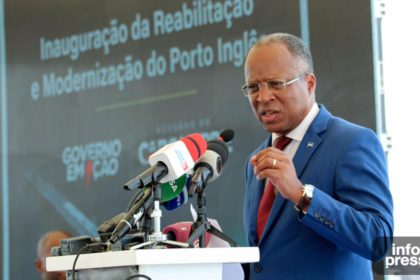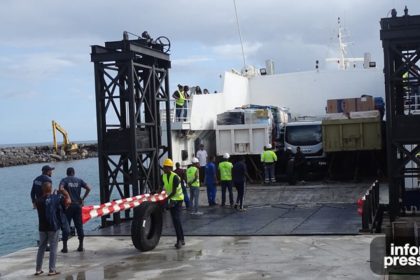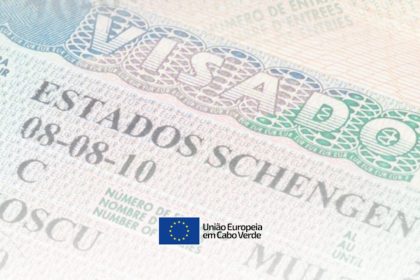For the Minister of Culture and Creative Industries, these are two great achievements. Abraão Vicente foresees significant impacts in terms of the projection and planning of the future and sustainable development of the islands of Fogo and Maio.
The islands of Maio and Fogo were classified as a World Biosphere Reserves by the United Nations Educational, Scientific and Cultural Organization (UNESCO), the Minister of Culture and Creative Industries.
For Abraão Vicente, who says he has just received this news about the validation of these two dossiers during a webinar held by UNESCO and which is currently taking place, it is another “great honor” for him, as president of the National Commission of UNESCO, of to see Cape Verde achieving these two “great deeds” more, after having classified the lukewarm heritage of humanity.
“Having these two islands classified and registered as a world biosphere reserve means that Cape Verde and Cape Verdean technicians have done their work with expertise with dedication and with commitment”, he considered.
Abraão Vicente, who made this announcement during the inauguration speech of the members of the Scientific Council of the Institute for Cultural Heritage (IPC), stressed that this is not a “political work”, but, above all, a technical work for the integration of Cape Verdean expertise within international standards.
“After the warm heritage of humanity, I have this honor more as a chairman of the national commission of UNESCO, to see Cape Verde achieve these two great achievements, to have two islands classified, registered as World Biosphere Reserve, means that Cape Verde , and Cape Verdean technicians have been doing their job with expertise, dedication and commitment, this is not a political job, it is mainly a technical job of integrating Cape Verdean expertise into what are international standards ”, explains.
This classification, he added, will have an “extraordinary impact” on what is the projection and planning of the two islands for the future.
“Cape Verde is part of a group of restricted countries that have two biospheres. Our territory is so small and with two islands totally classified, all of its territory, as a world biosphere reserve. It imposes brutal, extraordinary scientific challenges on us, and the installation of the institute’s scientific council could not come at a better time “, he stressed.
The challenge now, he pointed out, is to connect this commission to the UNESCO National Commission, giving strength to the vice-presidency of the UNESCO National Commission, linked to the environment, so that the Country may in the future be an “example in the implementation of the biosphere plan”.
The official declaration on this process will be made, later, by the Minister of Agriculture and Environment, Gilberto Silva, as vice-president of the National Commission of UNESCO, which accompanied the entire application dossier.
